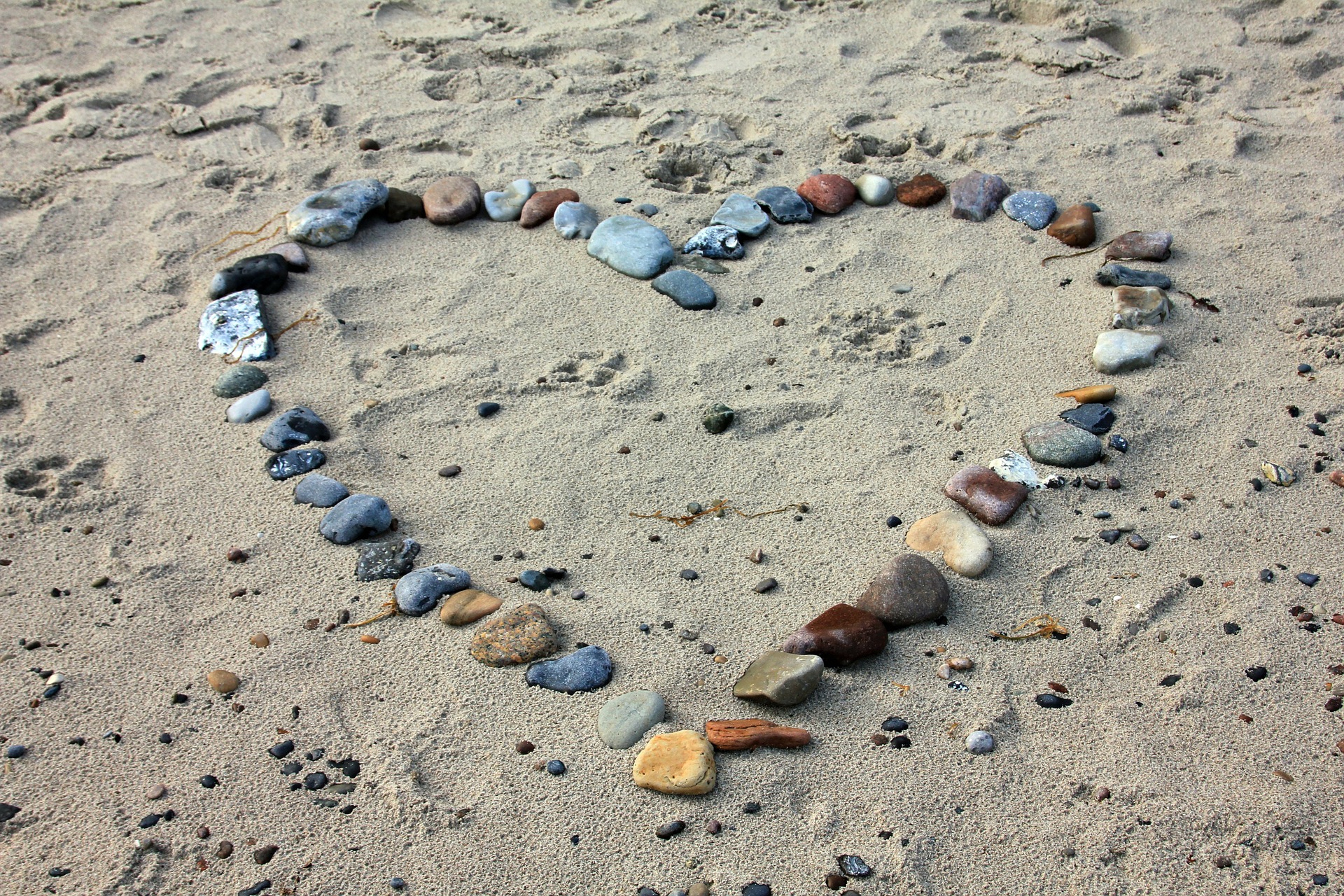
Compassion literally means “to suffer together.” [It] is defined as the feeling that arises when you are confronted with another’s suffering and feel motivated to relieve that suffering (1). It goes beyond sympathy or empathy and has major implications for our physical and emotional well-being. When we practice compassion, we communicate better, make better decisions and work better. It is a crucial component to the integrative model and the ultimate “silo-buster.”
But, compassion is a practice that can be hard to hold onto. Our feelings get hurt, old wounds get opened up and sometimes we’re just tired and raw. To keep us on track it is important to practice self-compassion. We can also bring mindfulness to compassion, making it an intentional part of our lives. Self-compassion and compassion towards others are inextricably linked.
Christopher Germer, PhD describes mindful self-compassion as “the foundation of emotional healing—being aware in the present moment when we’re struggling with feelings of inadequacy, despair, confusion, and other forms of stress (mindfulness) and responding with kindness and understanding (self-compassion). Mindful self-compassion also means holding difficult emotions—fear, anger, sadness, shame and self-doubt—and ourselves, in loving awareness, leading to greater ease and well-being in our daily lives.”
We can apply this to compassion towards others, remembering not only that we are all struggling; but that mostly we are all doing the best we can. Brene Brownwrites about discovering this in her book Rising Strong, and suggests the following exercise:
Consider someone you are struggling with or having difficulty being compassionate towards. Now assume that beyond a doubt this person is doing the best they can. How would this change the way you feel towards this person? How would this change your behavior towards this person?
This week, see if you can catch yourself in those moments when compassion wanes. When you notice, without beating yourself up, gently remind yourself that you and the rest of us are doing the best we each can at this point in time. Take a few breaths, and silently say to yourself, “at this moment, with this breath, I am doing the best I can.” Then apply this to the other person, silently saying to yourself, “at this moment, with this breath, he/she is doing the best they can.”
Mindful moments are short practices to be used throughout your week to relax, integrate and center yourself. Inspired by the wisdom traditions and science, mindful moments are meant to be accessible and simple enough for anyone to practice. Many teachers and leaders in integrative medicine have influenced our approach to mindful moments. Jon Kabat-Zinn defines mindfulness as “paying attention in a particular way; on purpose, in the present moment, and nonjudgmentally.” Pema Chodron would say it is “practicing in the gaps.” Look for the weekly mindful moment every Monday. May it support you in finding your center to live life to the fullest.
Join us for Sitting Meditation on Tuesdays at 5:15 PM at Main.

Connect With Us